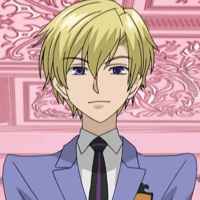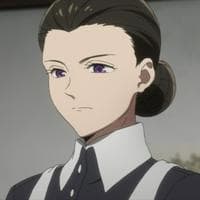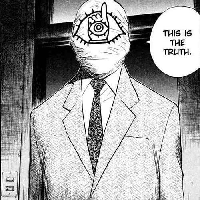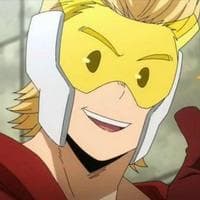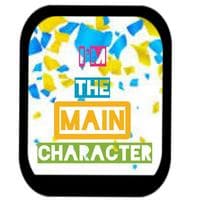Hibiki Wataru (Shine) MBTI 성격 유형
인격
"Hibiki Wataru (Shine)은 어떤 성격 유형입니까? Hibiki Wataru (Shine)은 mbti의 ENFJ 성격 유형입니다. enneagram의 2w3 - so/sx - 286, big 5의 SLOAI, socionics의 SEE입니다."
Copypasting my MBTI argument from Shin's profile for him since it applies here, the reply is for enneagram and other typology arguments to not clog this profile with my typing for him: Shine is basically Shin's shadow functions manifesting unhealthily. Or to be more chronologically appropriate, Shin embodies a developed incarnation of Shine's shadow functions, I guess. Shine is an ENFJ with a bolded, unhealthy Fe, as portrayed in Platonic Sword's possesively "I love you to the point where I want to devour you wholly, so you should give back my love deservingly by complying to my wishes". Shine's standard of love in Prism Lives is so manipulatively universal towards others' feelings (such as that axel of six Aurora Rising levels of Prism Jump which would overwhelm everyone but...it just doesn't have any uniqueness to it. Just a copypaste of all the successful Prism Jumps beforehand. No love or care put behind it) while hollow of his own to the point of it being disingenuine. His way of Prism Shows are to appeal to the universal standards of how love is supposed to be displayed (Fe dom) while following through his abstract vision of a perfect way to spread the Prism Radiance (Ni aux) through analyzing notable concrete jumps (Se tert), disregarding objective logic of how the scoring system works (inf Ti) or how manipulative and not genuine his performances are (nonexistent Fi). Shin, on the other hand, puts his all into creating his own radiance to the point of appealing to others. Sure, Over the Sunshine was originally OtR's song, but Shin created his own prism jumps on the spot (Ne aux) that fits his image of radiance (Fi dom) through what he remembers from Prism Shows and his fragmented memories (Si tert), though he's not very good at collective logic as he still forces himself to be the academic style representative despite the fact that he couldn't jump back then (Te inf). His Fe is quite healthy though, as he balances it well with his Fi compared to how Shine's Fe pretty much overshadows his Fi. Another interesting fact I've realized relating to their typology is how Shine's Platonic Sword's lyrics have "Aishiteru" as its main and repeated word, as it means a strong and supposedly deeper love in Japanese. While Shin's Daisuki Refrain, which technically is his first animated solo with the lyrics written by himself since Over the Sunshine was OtR's song, repeats the word "Daisuki" a lot (and it's even in the title lmao) which is basically the lightest version of "Aishiteru" as it's more commonly used as an expression of love for people new to dating and even used by close friends, and roughly translates to English as "really like". The irony in this is that Platonic Sword doesn't express any actual love behind its supposedly deeper love lyrics, while Daisuki Refrain totally has it. Basically, Platonic Sword is like Shine's manipulative Fe masked behind a fake shallow attempt of a more personal Fi song, while Daisuki Refrain totally has Shin's deeper Fi passion behind it while still appealing to the more universal Fe expression of love.
전기
Shine, stylized as Sh/nɘ, (シャイン Shain) is the male counterpart of the Rinne / Shine Prism Messenger Program and is the main antagonist of King of Prism. He was sealed within Shin since his birth.
인격 correlate

Jin Norizuki

Yamato Alexander

Takahashi Minato

Hayami Hiro

Ichijo Shin

Kougami Taiga

Suzuno Yu

Kisaragi Louis


